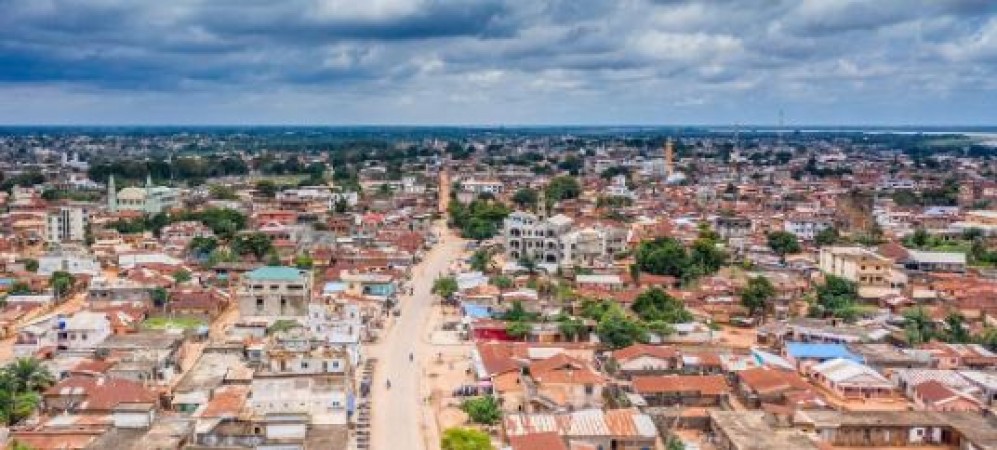
Historical Significance:
Nestled on the west coast of Africa, Benin is a country that boasts a vibrant blend of history, culture, and natural beauty. From its ancient kingdoms to its modern-day innovations, Benin has a captivating story to tell. This article delves into the rich heritage and cultural treasures that make Benin a truly unique and intriguing destination. Benin's history is woven with tales of powerful kingdoms and dynasties that once ruled over the region. One of the most renowned of these was the Kingdom of Dahomey, which existed from the early 17th century until the late 19th century. Known for its sophisticated administration, impressive military tactics, and unique culture, Dahomey left an indelible mark on Benin's history.
The Royal Palaces of Abomey:
Central to Dahomey's legacy are the Royal Palaces of Abomey, a UNESCO World Heritage Site. These palaces were the heart of the kingdom's administration and power. Each palace is a testament to the architectural prowess of the time and provides insights into the lives of the royalty. The walls of the palaces are adorned with intricate bas-reliefs that depict the history, rituals, and achievements of the Dahomey people.
Voodoo - A Living Religion:
Benin is often referred to as the birthplace of Voodoo, a spiritual belief system that has deep roots in the country. Voodoo is not only a religion but also a way of life for many Beninese people. It's a complex amalgamation of indigenous beliefs and practices, influenced by Christianity and other religions brought by colonial powers. Visitors have the opportunity to witness traditional Voodoo ceremonies and gain a deeper understanding of this intricate belief system.
Benin's Artistic Heritage:
The artistic expression in Benin is as diverse as its history. Traditional Beninese art includes intricate wood carvings, bronze sculptures, and textile designs. The famous Benin Bronzes, which were looted during the colonial era and are now held in various museums around the world, are a testament to the exceptional craftsmanship of Beninese artisans. Today, contemporary Beninese artists continue to create thought-provoking works that reflect their society's evolution.
Natural Wonders and Ecotourism:
Beyond its cultural heritage, Benin boasts stunning natural landscapes that are ripe for exploration. The Pendjari National Park is a haven for wildlife enthusiasts, offering the chance to spot elephants, lions, hippos, and various bird species in their natural habitat. The park's rugged terrain and diverse ecosystems make it an ideal destination for eco-tourism and outdoor adventures.
Festival Celebrations:
Benin's calendar is punctuated with colorful and lively festivals that celebrate its culture and traditions. The Gelede Festival, for example, pays homage to the Yoruba deity associated with women and fertility. During this event, masked dancers perform elaborate routines that blend art, history, and spirituality. Other festivals, like the Ouidah Voodoo Festival and the Fête du 1er Août, provide visitors with a unique opportunity to immerse themselves in the local way of life.
Conclusion
Benin is a country that embraces its past while embracing the future. Its history, culture, and natural beauty converge to create an experience that is both enriching and awe-inspiring. As travelers venture into its vibrant cities, explore its historical sites, and engage with its people, they become part of the ongoing narrative that makes Benin a truly exceptional destination.
Songdo, Korea: A Modern Metropolis of Dreams
North Carolina Museum of Natural Sciences: Largest Museum of Southeastern US